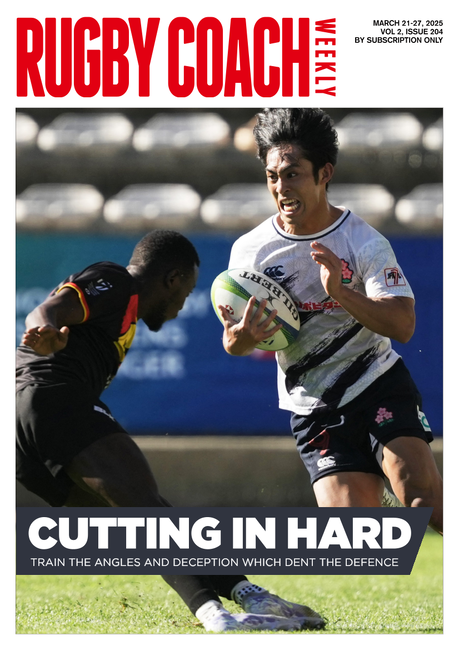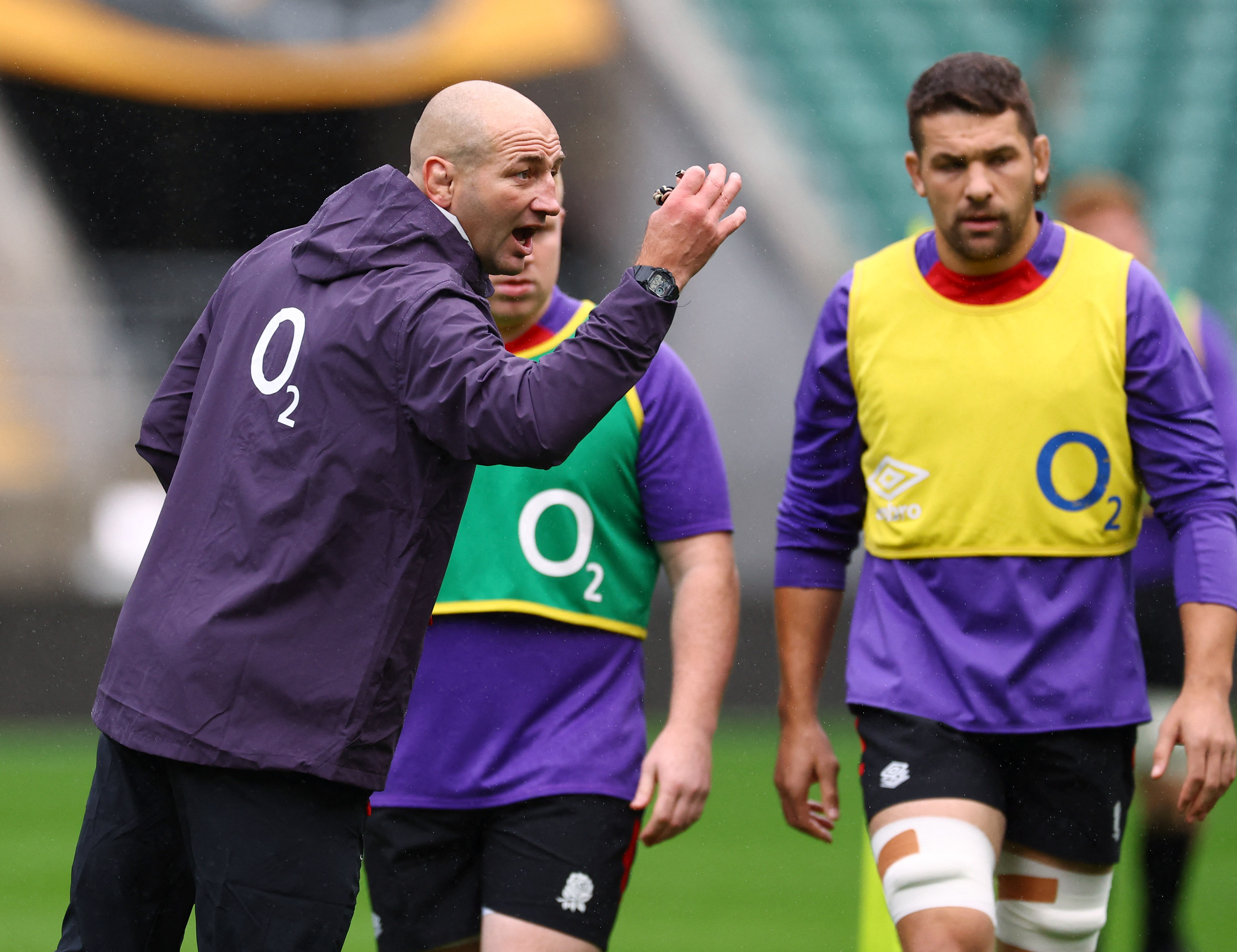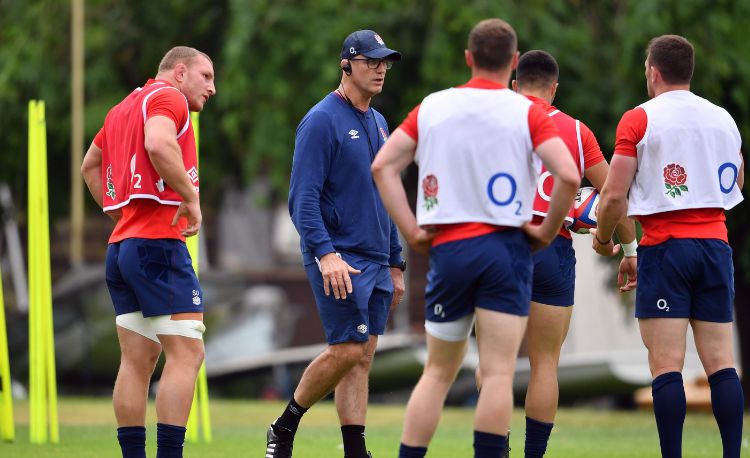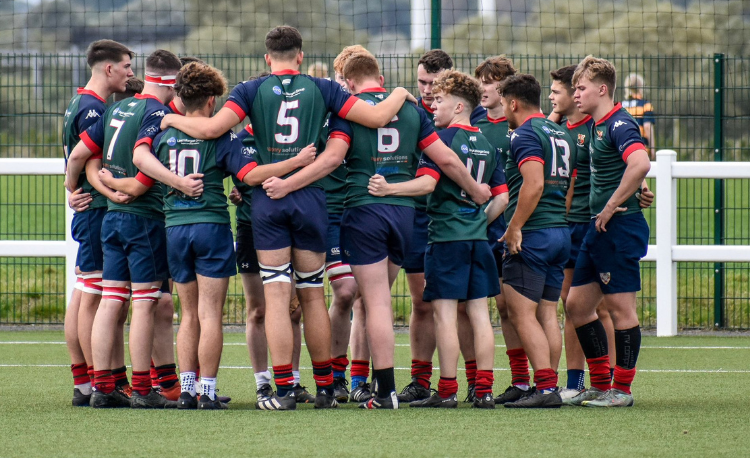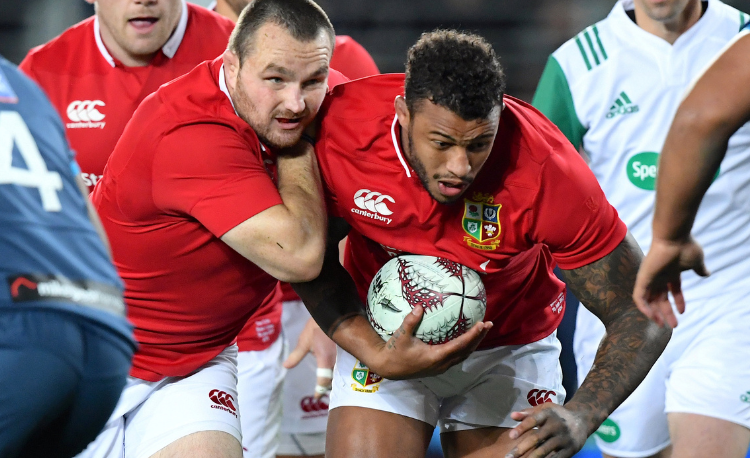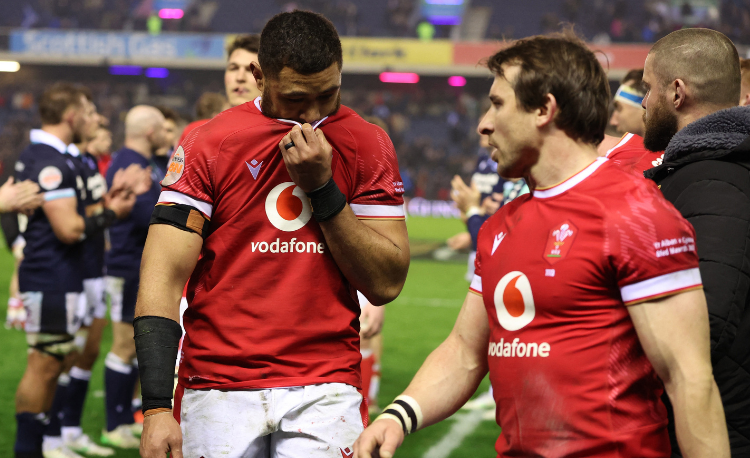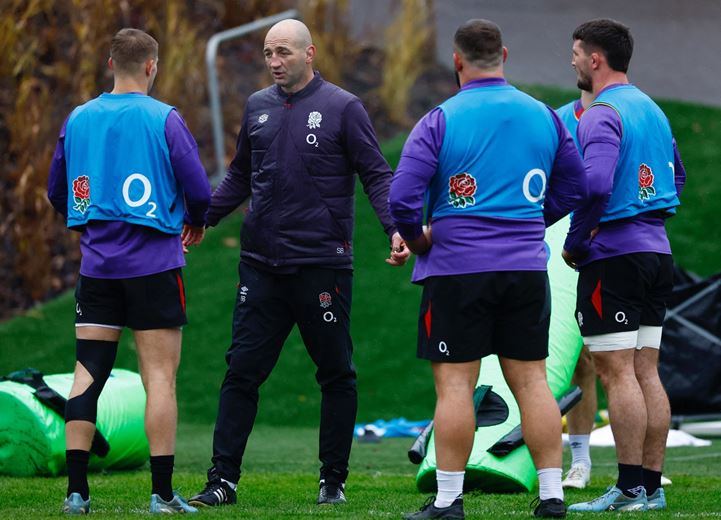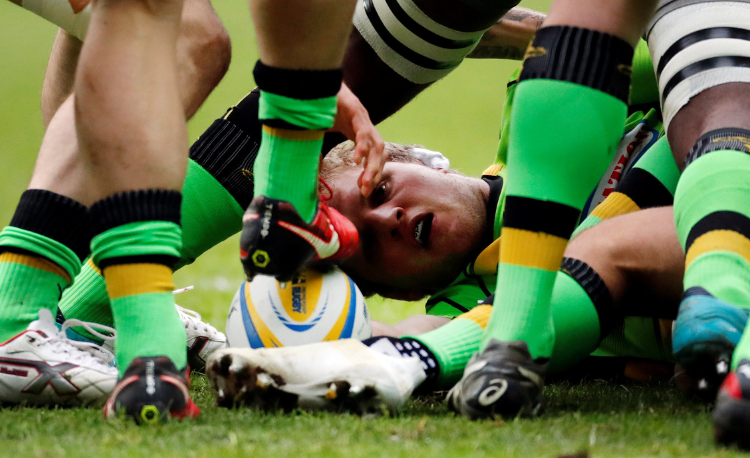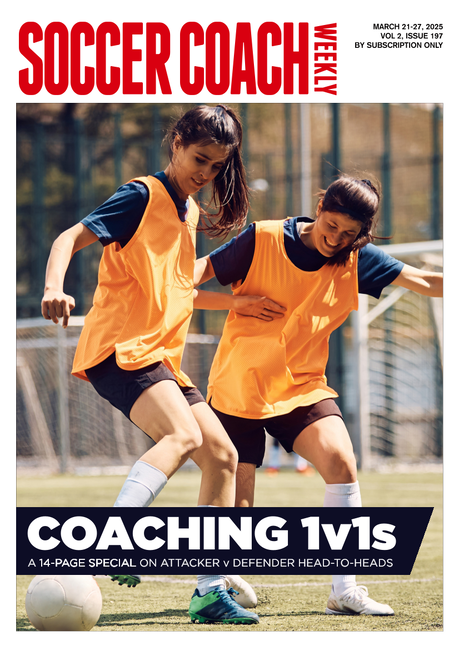Make your rugby coaching sessions more realistic
Here are some of her key thoughts:
1. Human movement is exciting
Movement allows us to be expressive, creative, adaptable and versatile.
We do we play sport? Because we find it thrilling. Why? Because we find ourselves responding to the movement of others in novel situations.
In which case, are we getting our players to think about this movement?
2. Novelty
Coaches need to find ways to get players experiencing the novelties of human movement and ensuring that coaching happens in authentic contexts.
3. Unlocking potential
Coaching is "unlocking a person's potential to maximise their performance". Make sure the players learn and that you do not just coach.
4. Authentic experiences
Authentic experiences allow players to learn. How can we create them?
Put simply, we need to make training relevant to the player. This means putting the player into game-like situations, with pressure.
"Make the reality bite".
5. Questioning
An important part of this process is to question the players. For instance, "What would you do in this situation?", or "How do you want to play?"
6. Understanding
Coaches should have an empathetic understanding of the player. This means putting yourself in their boots, trying to feel how they understand the game and what is happening.
Can you listen to a player without being judgemental?
7. Stand back
A good coach understands the art of standing back. How many times have you jumped into a situation to add your thoughts and opinions?
You may have a great deal of knowledge and understanding, but it is more powerful for the player to find the answers for himself, rather than for you to tell him.
The games in my 48 Rugby Skills Manual will challenge your players’ skills and tactical awareness in the face of committed opponents. They are as close to playing a "real" match as you can get in training and a great way to get your players thinking.
Click here to order your copy of 48 Rugby Skills Games now, and to read more about the manual and how the games can benefit your coaching.
1. Human movement is exciting
Movement allows us to be expressive, creative, adaptable and versatile.
We do we play sport? Because we find it thrilling. Why? Because we find ourselves responding to the movement of others in novel situations.
In which case, are we getting our players to think about this movement?
2. Novelty
Coaches need to find ways to get players experiencing the novelties of human movement and ensuring that coaching happens in authentic contexts.
3. Unlocking potential
Coaching is "unlocking a person's potential to maximise their performance". Make sure the players learn and that you do not just coach.
4. Authentic experiences
Authentic experiences allow players to learn. How can we create them?
Put simply, we need to make training relevant to the player. This means putting the player into game-like situations, with pressure.
"Make the reality bite".
5. Questioning
An important part of this process is to question the players. For instance, "What would you do in this situation?", or "How do you want to play?"
6. Understanding
Coaches should have an empathetic understanding of the player. This means putting yourself in their boots, trying to feel how they understand the game and what is happening.
Can you listen to a player without being judgemental?
7. Stand back
A good coach understands the art of standing back. How many times have you jumped into a situation to add your thoughts and opinions?
You may have a great deal of knowledge and understanding, but it is more powerful for the player to find the answers for himself, rather than for you to tell him.
The games in my 48 Rugby Skills Manual will challenge your players’ skills and tactical awareness in the face of committed opponents. They are as close to playing a "real" match as you can get in training and a great way to get your players thinking.
Click here to order your copy of 48 Rugby Skills Games now, and to read more about the manual and how the games can benefit your coaching.
Thank you for reading
to enjoy 3 free articles,
our weekly newsletter, and a free coaching e-book
Or if you are already a subscriber, login for full access
Newsletter Sign Up
Coaches Testimonials

Gerald Kearney, Downtown Las Vegas Soccer Club

Paul Butler, Florida, USA

Rick Shields, Springboro, USA

Tony Green, Pierrefonds Titans, Quebec, Canada
Subscribe Today
Be a more effective, more successful rugby coach
In a recent survey 89% of subscribers said Rugby Coach Weekly makes them more confident, 91% said Rugby Coach Weekly makes them a more effective coach and 93% said Rugby Coach Weekly makes them more inspired.
Get Weekly Inspiration
All the latest techniques and approaches
Rugby Coach Weekly offers proven and easy to use rugby drills, coaching sessions, practice plans, small-sided games, warm-ups, training tips and advice.
We've been at the cutting edge of rugby coaching since we launched in 2005, creating resources for the grassroots youth coach, following best practice from around the world and insights from the professional game.


